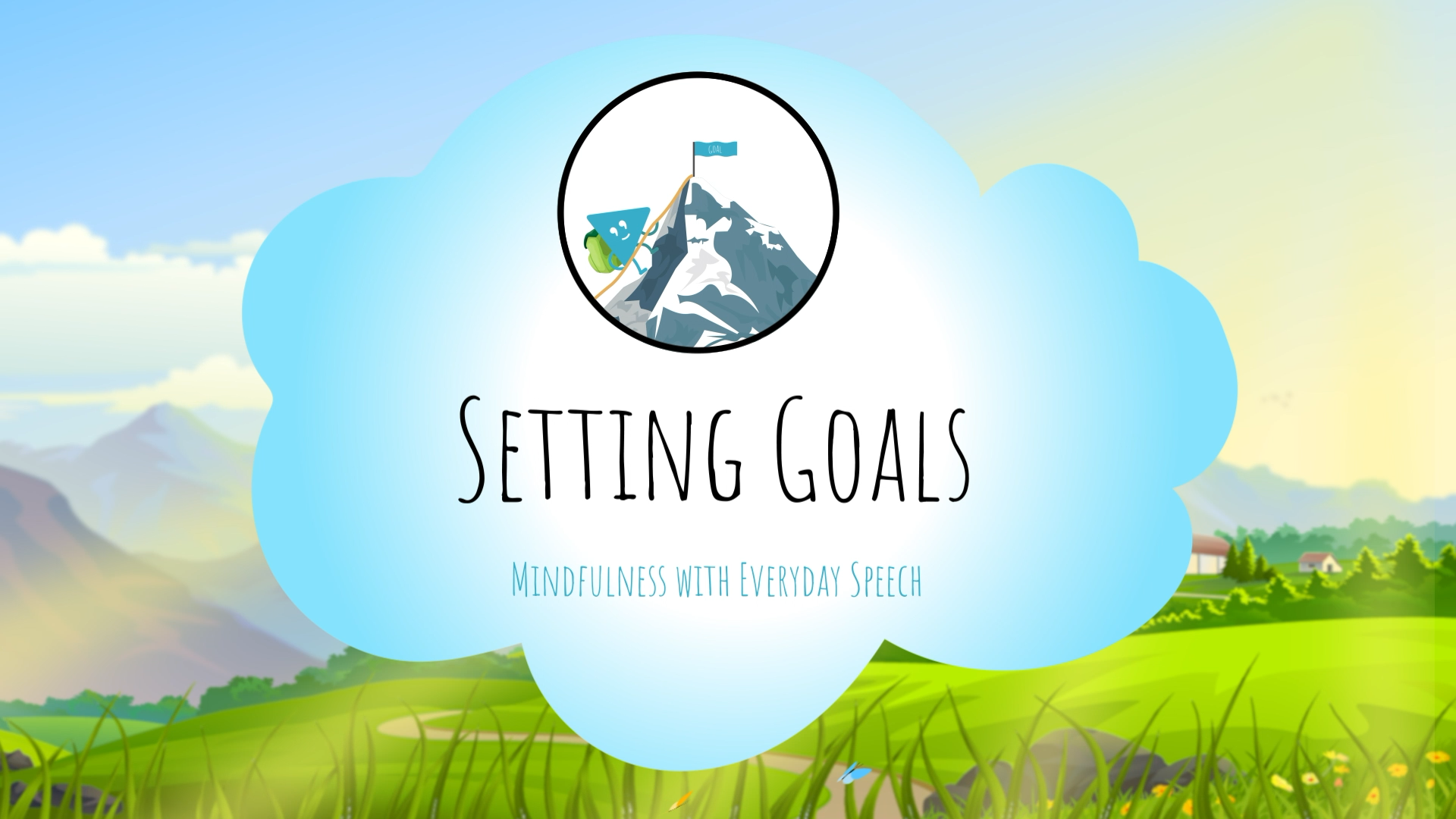
Introduction
Setting goals is an essential life skill for everyone, including students in Special Education. Goals are specific, achievable targets that individuals strive to accomplish through hard work and dedication. They help students focus on areas they want to improve in their lives, such as school, home, or activities. In this blog post, we will explore a no-prep activity, discussion questions, and related skills to help educators teach the concept of goal-setting to their students.
No-Prep Activity
Here’s an easy, no-prep activity that educators can use to introduce goal-setting to their students. Begin by explaining the concept of goals to the students and providing them with examples, as mentioned in the prompt. Then, ask each student to think of three goals – one for school, one for home, and one for an activity they enjoy. Encourage them to write down their goals on a piece of paper, making sure they are specific and achievable.
Next, have each student share their goals with the class and discuss the steps they can take to achieve them. This will help students understand the importance of breaking down larger goals into smaller, manageable tasks. Finally, encourage students to track their progress regularly and celebrate their accomplishments along the way.
Discussion Questions
- What are some challenges you might face while working towards your goals? How can you overcome these challenges?
- Why is it important to have specific and achievable goals? How can having vague or unrealistic goals be counterproductive?
- How can setting goals help improve self-confidence and motivation? Can you think of a time when you achieved a goal and felt proud of yourself?
- How can we support each other in achieving our goals? What role can friends, family, and teachers play in helping us reach our goals?
- Why is it essential to track our progress and celebrate our accomplishments? How can this help us stay motivated and focused on our goals?
Related Skills
Besides goal-setting, there are several other skills that students in Special Education can benefit from, including:
- Time management: Learning to prioritize tasks and allocate time effectively can help students achieve their goals more efficiently.
- Problem-solving: Developing problem-solving skills can enable students to overcome challenges and obstacles they may encounter while working towards their goals.
- Self-awareness: Understanding one’s strengths, weaknesses, and areas for improvement can help students set realistic and achievable goals.
- Resilience: Building resilience allows students to bounce back from setbacks and remain focused on their goals, even when faced with challenges.
- Communication: Effective communication skills can help students seek support and guidance from others as they work towards their goals.
Next Steps
Now that you have learned about setting goals and related skills for students in Special Education, it’s time to put these concepts into practice. To help you get started, we encourage you to sign up for free samples of skill-building materials and other resources at Everyday Speech. These materials can provide valuable support for educators in teaching essential life skills to their students.

